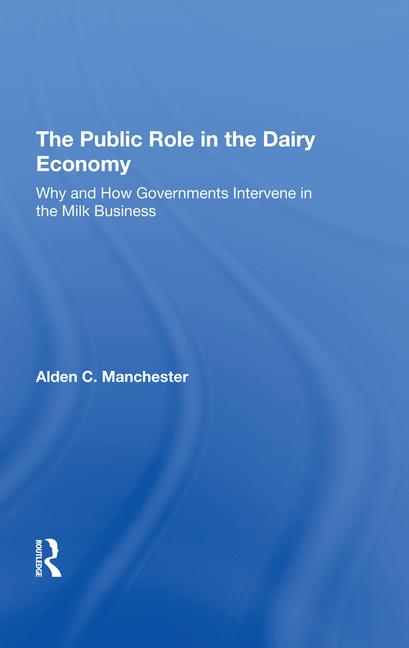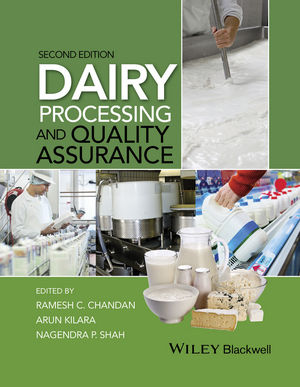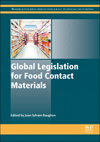Dairy conference
How will expanded drug-residue testing affect grade ‘A’ products?
IDFA adds a new session to the Milk and Cultured Dairy Products Conference
IDFA has added a new session to the Milk and Cultured Dairy Products Conference that will focus on plans to expand requirements for testing veterinary drug residues in milk under the Pasteurized Milk Ordinance. Roger Tedrick, chief of the Dairy Division of the Ohio Department of Agriculture and a lead coordinator of these revisions, will provide an inside look at which residues are being targeted, how Grade “A” milk products might be affected and where the discussion may be headed before a final decision is made next year.
IDFA’s Milk and Cultured Dairy Products Conference will be held May 24 to 25 in Indianapolis.
“The new revisions expand the requirements for veterinary drug testing for raw milk used to make Grade ‘A’ milk products,” said John Allan, IDFA vice president of regulatory and international standards. “This is a major opportunity for dairy professionals to ask an expert engaged in this revision process how they can best prepare to comply with the new series of standards.”
The final decision on the revisions is expected to be made next year at the National Conference on Interstate Milk Shipments gathering in Grand Rapids, Mich.
Milk and Cultured Dairy Discussions IDFA’s Milk and Cultured Dairy Products Conference will offer several additional sessions, including:
-
"FSMA Implementation Update”
The FSMA preventive controls rules for human and animal foods will begin to be implemented in September 2016. Attendees will learn how to prepare their companies and suppliers for inspections under these new rules. -
“The Trouble with Date Marking”
Food waste poses a significant burden to the American food system, and confusing date marking is a significant contributor to this waste. Attendees will hear strategies to improve date labeling policies and practices that will help decrease consumer confusion and lead to a more sustainable food system. -
“Food Additive Approvals and GRAS Systems”
A food ingredient is considered either a food additive, subject to Food and Drug Administration regulations, or “Generally Recognized as Safe” (GRAS) for specific uses, which involves a self-evaluation of the ingredient’s safety. Attendees will learn why consumers and food activists are challenging these regulatory processes and about options for increasing transparency and consumer confidence in the safety of food ingredients and additives.
Registration for the Milk and Cultured Dairy Products Conference is available here. The deadline to receive IDFA’s discounted hotel rate is May 2. For more information, contact Maria Velasco, IDFA meetings coordinator and registrar at mvelasco@idfa.org.
SOURCE: IDFA
Looking for a reprint of this article?
From high-res PDFs to custom plaques, order your copy today!



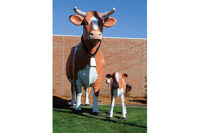
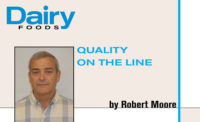
.jpg?height=200&t=1623938483&width=200)
